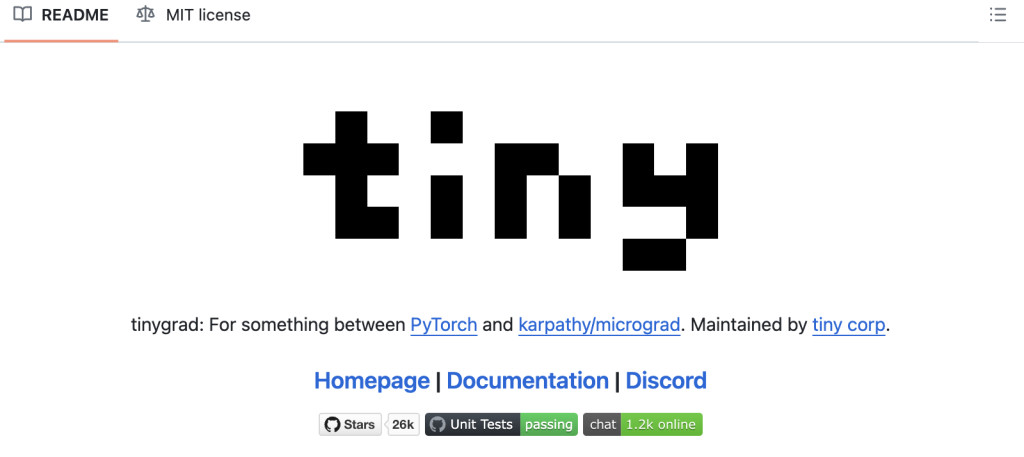One of the biggest challenges when developing deep learning models is ensuring they run efficiently across different hardware. Most frameworks that handle this well are complex and difficult to extend, especially when supporting new types of accelerators like GPUs or specialized chips. This complexity can make it hard for developers to experiment with new hardware, slowing down progress in the field.
PyTorch and TensorFlow offer robust support for various hardware accelerators. They are powerful tools for both research and production environments. However, their complexity can be overwhelming for those looking to add new hardware support, as these frameworks are designed to optimize performance across many devices, which often requires a deep understanding of their internal workings. This steep learning curve can hinder developers from exploring new hardware possibilities.
Tinygrad is a new framework that addresses this issue by focusing on simplicity and flexibility. Tinygrad is designed to be extremely easy to modify and extend, making it particularly suited for adding support for new accelerators. By keeping the framework lean, developers can more easily understand and modify it to suit their needs, which is especially valuable when working with cutting-edge hardware that isn’t yet supported by mainstream frameworks.
Despite its simplicity, tinygrad is still powerful enough to run popular deep learning models like LLaMA and Stable Diffusion. It features a unique approach to operations, using “laziness†to fuse multiple operations into a single kernel, which can improve performance by reducing the overhead of launching various kernels. Tinygrad provides a basic yet functional set of tools from building and training neural networks, including an autographed engine, optimizers, and data loaders. This makes it possible to train models quickly, even with minimal code. Moreover, tinygrad supports a variety of accelerators, including GPUs and several other hardware backends, and it only requires a small set of low-level operations to add support for new devices.
While tinygrad is still in its early stages, it offers a promising alternative for those looking to experiment with new hardware in deep learning. Its emphasis on simplicity makes it easier for developers to add support for new accelerators, which could help drive innovation in the field. As tiny grad matures, it may become very useful good tool for developers.
The post Tinygrad: A Simplified Deep Learning Framework for Hardware Experimentation appeared first on MarkTechPost.
Source: Read MoreÂ

